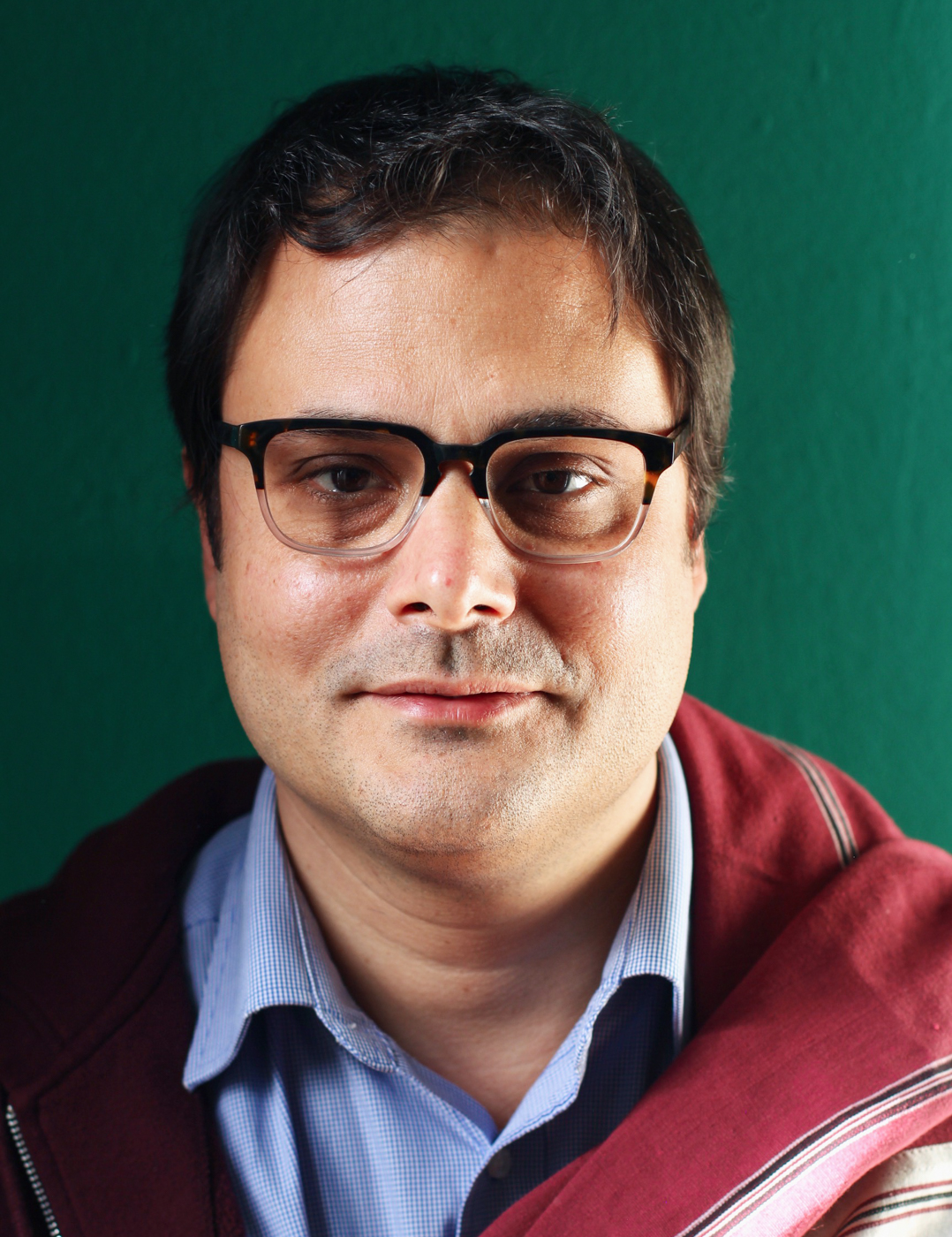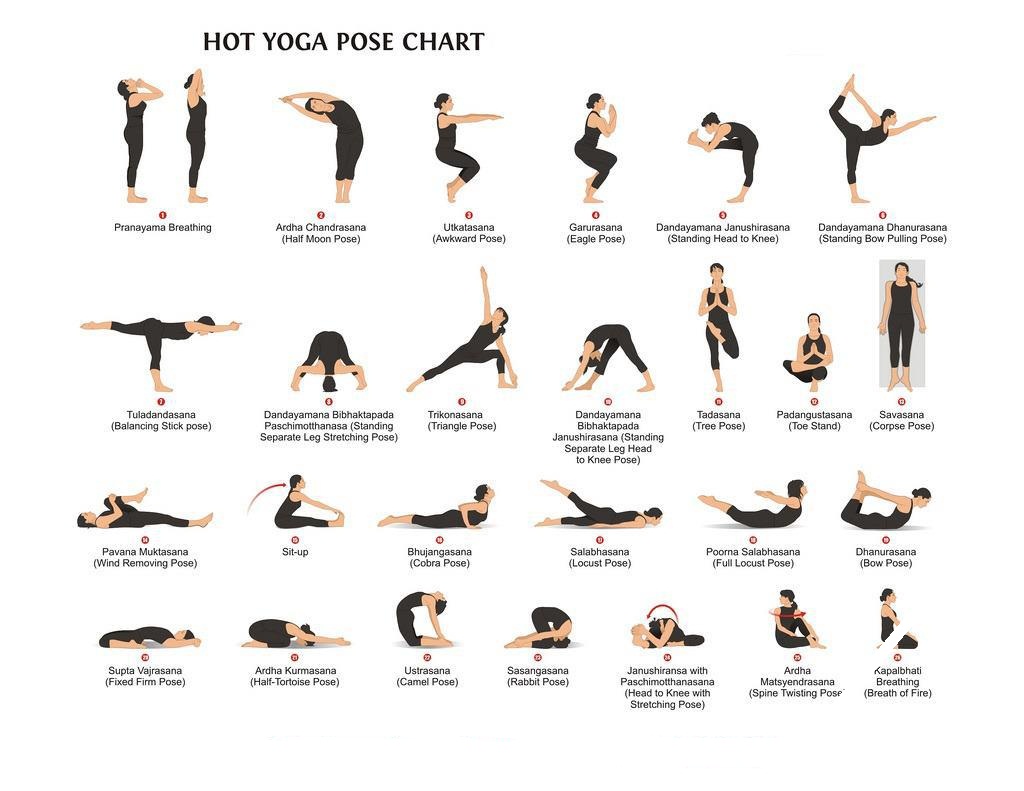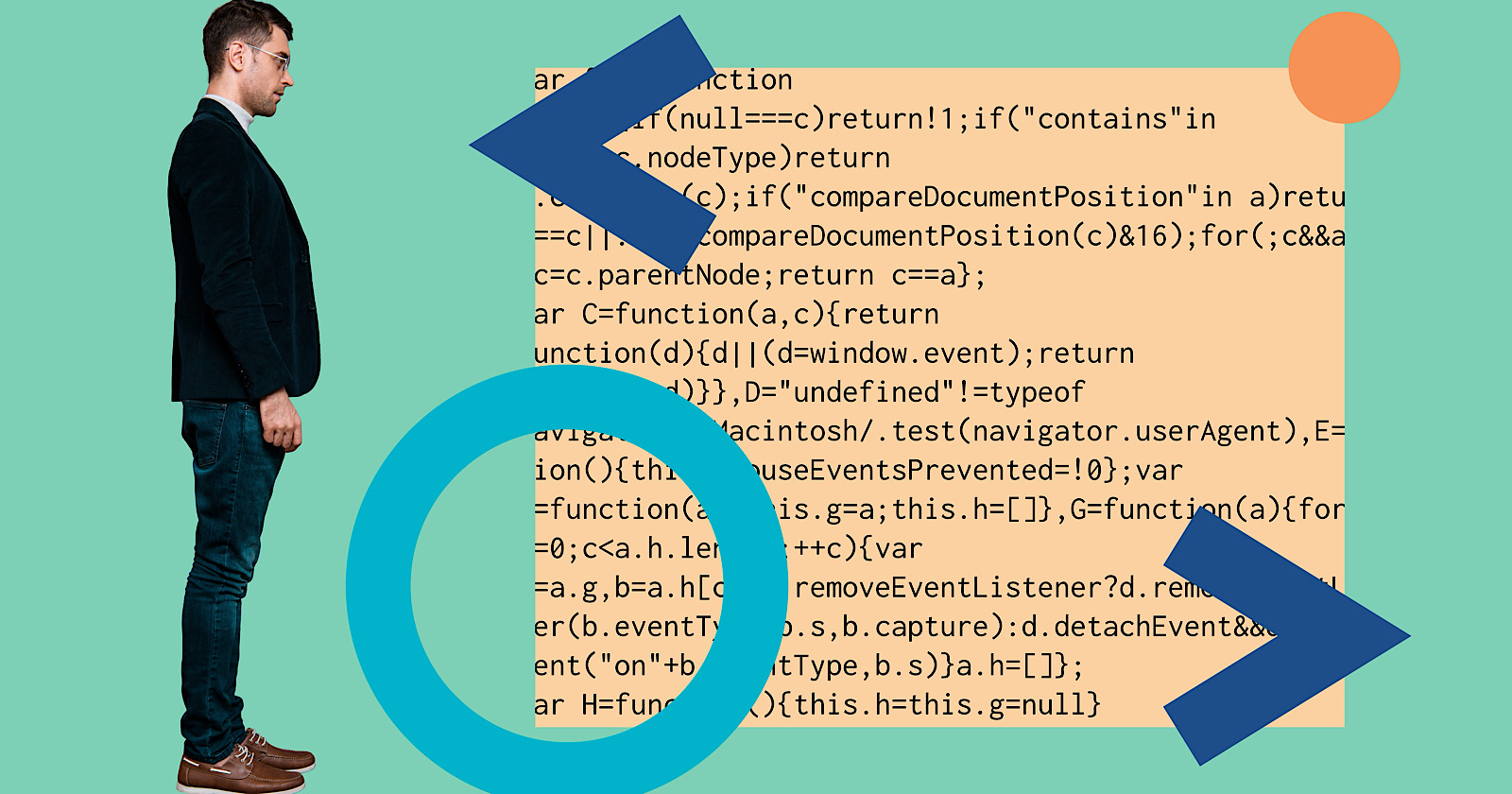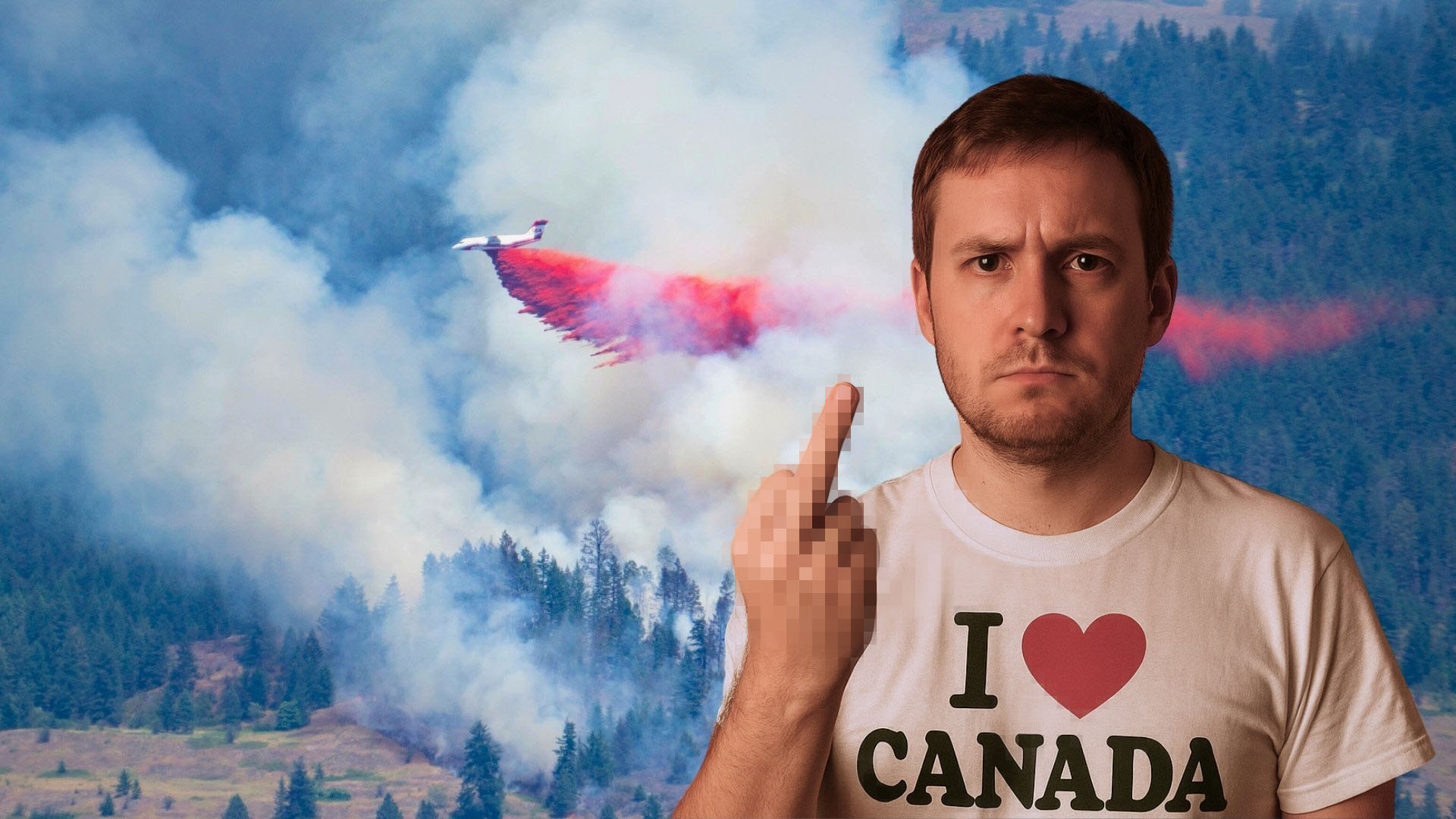After Rikers
Five years after becoming the first Buddhist chaplain for the staff at New York City’s notorious corrections facility, a meditation teacher reflects on his work and the institution The post After Rikers appeared first on Tricycle: The Buddhist Review.

 Justin von Bujdoss
Justin von BujdossI first met Justin von Bujdoss four and a half years ago, when I attended his meditation session for guards on Rikers Island. Von Bujdoss, or Repa Dorje Odzer, is a lay teacher ordained in the Karma Kamstand tradition of Tibetan Buddhism, and was the first Buddhist chaplain to serve city corrections staff on Rikers Island, New York City’s jail complex located on an island between the Bronx and Queens.
Rikers, which previously housed soldiers during the Civil War and was also home to a slaughterhouse, has long been among the world’s most notorious corrections facilities. (Rikers is a jail, not a prison, and the majority of the 15,000 inmates are detained while awaiting trial.) The early 2010s saw some momentum around closing Rikers. In 2014, then-US state attorney Preet Bharara found that teenage prisoners on Rikers were not protected from the use of excessive force. In 2015, Kalief Browder, who had spent several years on Rikers Island as a teenager for a robbery charge and two years in solitary confinement, killed himself. Browder’s death propelled the movement to close Rikers, which the city approved in 2019 with an ambitious plan to shut down the complex by 2027. Plans were also drawn to reduce the use of punitive solitary confinement, which the United Nations says constitutes psychological torture.
And then came COVID. The virus tore through the entire Rikers community, leading to staffing shortages that fueled dangerous conditions. Double the amount of drugs were seized, even though visitors were not allowed. In 2021, 15 people died on Rikers, from COVID, suicide, and drug overdose. All were Black or brown men.
Von Bujdoss was a witness to this unrest and chaos. As COVID took off, von Bujdoss took on the additional responsibility of blessing the bodies buried on Hart Island, New York City’s potter’s field. (During the peak COVID crisis, which overwhelmed morgues and funeral homes, some people were temporarily buried there before their families were found.) Von Bujdoss resigned at the end of 2021, after more than five years on Rikers. He recently sat down with me to talk about Rikers, his chaplaincy work, and what comes next.
Wendy Biddlecombe Agsar (WBA): You recently resigned from your role as chaplain with the New York City Department of Corrections. What are you up to now?
Justin von Bujdoss: I resigned at the very end of December 2021 and made the shift to do fulltime dharma teaching. Which, interestingly enough, I think COVID made possible. I wrote a book that was published at the end of 2019 (Modern Tantric Buddhism) and after that, a lot of teaching opportunities arose.
With DOC (New York City Department of Correction), I’d been granted a tremendous amount of access at a very high level to engage in co-creation of culture change and advocacy, especially around non-Abrahamic faith traditions, getting services for Buddhists, and increasing resources for Hindus, Sikhs, Jains, and Rastafari people in custody. And COVID was really hard. I contracted COVID early on, and then I was asked to bless the bodies of people who died of COVID. The combination of that and the unprecedented death—I kind of like to think of that as a little bit of ngondro [foundational practice] for my dharma teaching. I’d worked in hospice before and was comfortable and really loved that work. And I ended up blessing over 3,000 bodies in about a year and a half. I love the work and I very much love Hart Island. And, it’s time to move on.
Now I’m teaching through Bhumisparsha with Lama Rod Owens and Pure Land Farms with Dr. Nida Chenagtsang, who has authorized me to teach Ati Yoga (Tib. Dzogchen, which practitioners of this Tibetan Buddhist school believe are the essence of the Buddha’s teachings). I have a cohort of students I work with providing intimate monthly dharma instruction one-on-one. It’s a little bit like a hybrid of chaplaincy and what a traditional student-teacher relationship should be, and often can’t be. In the Tibetan tradition especially, big teachers will pass through town and teach and maybe they won’t have the opportunity to return for a year. And then the people who connect with them are a little lost for that time. My teachers have been exceptionally generous with their time with me and I’ve experienced a tremendous amount of benefit as a result of that. All you need to do is look at a spiritual biography of anybody from any tradition about 100 years ago and the closeness of the teacher and student walking the path together is evident. So that’s what I’m really passionate about now.
WBA: Sure, yes. And you left in December because it was the end of a long year, or because the administration was changing?
JVB: Yes, the administration. I took a leave of absence in early-mid 2021 to do an eight-week solitary retreat. . . Commissioner Cynthia Brann, who was my boss, was let go by the mayor while I was on retreat. When the interim commissioner, Commissioner Vincent Schiraldi, came in, it just felt so chaotic. The number of deaths of people in custody peaked. And I did almost all of the notifications of the next of kin for the inmates’ families—calling people, notifying them that their loved one had died, hearing screaming on the other end, and then hanging up and calling me back and screaming. My poor wife—this was always at night.
Then with Adams coming into office it was really clear to me that there wasn’t going to be wholesale change of DOC under his leadership. While that was heartbreaking, on another level, I was also becoming aware of just how toxic that work environment was. And while I felt very resourced and able to be in the midst of all this suffering, it was really challenging to notice the work’s impact on my physical and emotional health. I feel like Buddhist chaplains almost operate from this point of feeling like they’re less than—Buddhism is a critical minority faith tradition in the US and I think a lot of people may exert more energy than necessary to try and justify themselves as a Buddhist chaplain. And I’ve seen a lot of people burn out recently. I guess you could say I’ve made it a vow to protect myself and my family—I’m married and have three kids. I don’t want to become the kind of person I saw the DOC staff becoming, which was jaded and calcified, emotionally, and unable to regulate things like that.
WBA: It’s interesting, you know, the mainstream rhetoric with Adams. He meditates and exercises and eats a plant-based diet! And then he also puts someone in charge of DOC who reintroduces punitive solitary confinement as a way to “restore order.” And if you’re paying attention, it can feel very sad to see meditation as a “cover.” That’s not to say he doesn’t have a genuine practice. But it’s business as usual in a place full of unimaginable suffering that many people don’t think should exist in the first place.
JVB: I do know the present commissioner (Louis A. Molina) and he’s a really nice person. So I did my due diligence and met him before my last day. I was meeting with him and halfway through I thought “this is going nowhere.” And I feel for the guy. I feel for everybody I left behind, and in some respect, I do feel like I left people behind. I don’t think this system can be fixed at all. There have been a few articles recently about federal monitors overseeing various city agencies that have court cases around ineffective performance. And all of them have said things are just not changing. People in custody are not major constituents for politicians. It doesn’t make any sense to me that in a whole host of city agencies, policies can change at the drop of a hat when a new administration comes in when there are people there who are really trying to make change. The system is broken and needs to be scrapped. I think the city needs to reinvestigate, culturally, its relationship to criminal justice and corrections in particular. And I fear Adams’ level of maturity around the severity of the decision making and how that impacts people in custody. I feel like I’ve earned the right to say that because I’ve done most of the death notifications for people in custody over the last year. Most of them shouldn’t have died there and it’s troubling when there are bureaucrats who seem to not take that so seriously.
 Von Bujdoss led a weekly meditation class for correction officers and recruits at Rikers Island. | Photo by Bess Adler
Von Bujdoss led a weekly meditation class for correction officers and recruits at Rikers Island. | Photo by Bess AdlerWBA: Did COVID impact your weekly meditation group for officers?
JVB: That wasn’t able to happen so much. During COVID, our staff death rate shot up by about 500 percent and everything went into emergency mode on Rikers. And then the staffing crisis began, and it hit peak levels this past summer. We had one out of five people not showing up to work, whole housing areas with no uniformed staff. And then the emergency response work I was doing increased. I met one officer who lost six members of her family to COVID. The first city employee to die from COVID was a DOC investigator, and the number of deaths just shot up from there. And then the department retirees, and then family members of staff members, and the additional trauma of the COVID crisis.
WBA: Everything changed. How can we go back to the way things were before?
JVB: It’s heartbreaking to see how much hasn’t changed in correctional systems at the federal and local levels; it’s business as usual, it almost doesn’t matter who is in charge. I just wonder if there can ever be a wake-up call. And unfortunately, unless there’s a lot of property damage, people aren’t going to make a big deal. I reflect periodically on a quote attributed to Trungpa Rinpoche: that the US is characterized by speed and aggression. The aggression is particularly intense, because I think we’ve all become so used to human suffering that it’s hard to become outraged; we’ve become paralyzed into it and not able to act. And for a culture that prides itself on doing, it’s strange and very inconsistent.
We’ve lost sight of the collective. The American dream of achieving for oneself and one’s family has come at the expense of the collective. It’s kind of a weird, dark time, isn’t it?
WBA: Yeah. And what do we do?
JBV: Keep showing up, right?
WBA: Going back to noticing changes in yourself, becoming hardened like others who work for DOC. Bhumiparsha’s mission statement specifically mentions working to end things like white supremacy and patriarchal culture. I’m wondering if there’s tension, or a disconnect, between you working for the department and pressure from your students or sangha?
JBV: I have very gracious students who could have probably held me more accountable. With DOC, I envisioned myself like a spy. I didn’t really have social relationships with anybody I worked with other than one person who was a huge ally. And this spy-like quality I had working for DOC was just not sustainable. I just can’t express enough this level of chaos on Rikers Island. It was paralyzing. Everything from the lack of compassion that the administration was showing to seeing how I was being pushed into a corner by the administration and would continue to be marginalized, and knowing that I could not work in a place where I was not being given the opportunity to make the change that I wanted. Because otherwise, you’re a body working in this machine that produces human suffering.
From a Buddhist perspective on ethics, when a bodhisattva shows up, they don’t discriminate between who somebody works for. If people are suffering, people are suffering. And there’s something quite refreshing about that impartiality when it comes to showing up for people who are suffering. When approached from a more dualistic political position, it becomes easier to decide to whom I am going to offer care and to whom I might not. I really tried as best I could to remain as impartial as possible, even though sometimes I was providing care to someone who left his post, and then an inmate killed themselves, and the officer comes to see me because they’re afraid they’re going to lose their job. I could, I guess you could say, through projection empathize with being in that position, while at the same time think, “Why did you leave your post? Somebody would be alive who is now dead.” And then I’d have to notify the (inmate’s) family.
 Officers meditating during a 2017 class on Rikers Island. | Photo by Bess Adler
Officers meditating during a 2017 class on Rikers Island. | Photo by Bess AdlerWBA: Looking back to your time on Rikers, I’m interested in your thoughts on being the first Buddhist chaplain with the DOC and what that opens up. There has been a lot of excitement about meditation and what it can provide in jails and prisons, and also the workplace, and making people calmer, better workers. And so this might be a bit cynical, but do you think there is an advantage to a corrections system hiring a Buddhist chaplain to ride that progressive wave?
JBV: So I’m biased, but I think Buddhist chaplains are better chaplains for any kind of institution or organization seeking relief from the typical binary that you find in Abrahamic faith traditions. And some of the greatest compliments I received from high-level leaders at DOC and other city agencies was that I was able to think differently than the common narrative in the criminal justice system. It’s good or bad, guilty or innocent, repent or be locked up. Which is not very creative or sophisticated. And I think our culture doesn’t need that anymore.
Of course I’m exaggerating a little bit. There are chaplains from other faith traditions that can attend to these things, and mystical traditions in Christianity, Judaism, and Islam that get into a third way of being. But I do think that corrections having chaplains that are Buddhist, Hindu, or from a non-Abrahamic point of orientation with respect to spiritual formation is vital if a correctional city or culture is trying to look at how to provide care that is not wrapped up in punishment and retribution. . . We can think of the dharma as something that can heal us from spiritual and emotional pathogens like guilt, shame, and isolation. And meditation and practice can be part of a “treatment” for relaxing into our original state, as we call it in Vajrayana–a more embodied and direct experience of what’s arising in that moment in the world around us that allows us to see and experience things more clearly. I think there’s something fundamentally beneficial, and potentially quite healing, in that.
And 100 percent, I’m skeptical of the insertion of meditation in the workplace, especially for productivity. Because I think meditation ideally should lead to a drop-out culture, like the sixties, or the Great Resignation. Meditation has to allow for radical change. And I was very conscious of being used as the poster child: oh we’re not so terrible, we have this meditation program. What I would try to do was include language that would help people question themselves. It’s like turning over compost. It stinks, it’s a little gross, but necessary for everything to break down and have rich soil. Working with the emotions that come up in corrections, or law enforcement in general, is really hard and painful, and it shouldn’t just be about not feeling stressed out. There is a benefit to teaching meditation in jails and prisons, but it has to be met with a certain amount of skill and training to help people process trauma responses that might arise, because these are places that are toxic and difficult; even on a good day people are morally challenged in what they have to do in their work. And if you’re somebody who’s incarcerated, you’re morally challenged in how to respond to what is arising every day, with much less freedom and much higher levels of retribution/reaction if one acts “unskillfully.”
This work can be romanticized, definitely. And anyone who is a meditation teacher needs to be aware of how the practice is being used. You could teach Navy SEALS how to have more single-pointed concentration as they commit atrocities, and that doesn’t work. We have to ask ourselves, especially as a fully formed Buddhist community, what is acceptable.
⬥
Read Tricycle’s 2017 spotlight on Justin von Bujdoss’s meditation course for Rikers correction staff here.

Get Daily Dharma in your email
Start your day with a fresh perspective

Explore timeless teachings through modern methods.
With Stephen Batchelor, Sharon Salzberg, Andrew Olendzki, and more
![]()
Thank you for subscribing to Tricycle! As a nonprofit, we depend on readers like you to keep Buddhist teachings and practices widely available.
This article is only for Subscribers!
Subscribe now to read this article and get immediate access to everything else.
Already a subscriber? Log in.
Wendy Biddlecombe Agsar is Tricycle's editor-at-large.

 Tfoso
Tfoso 































